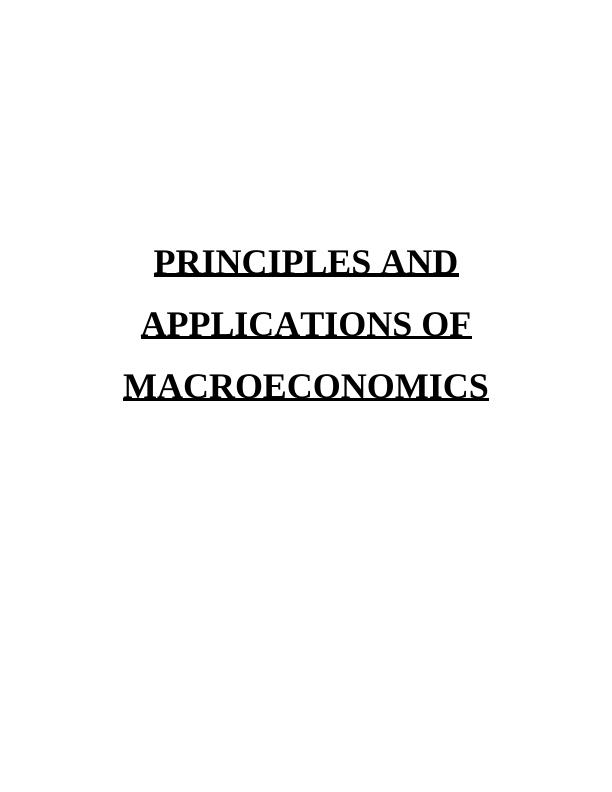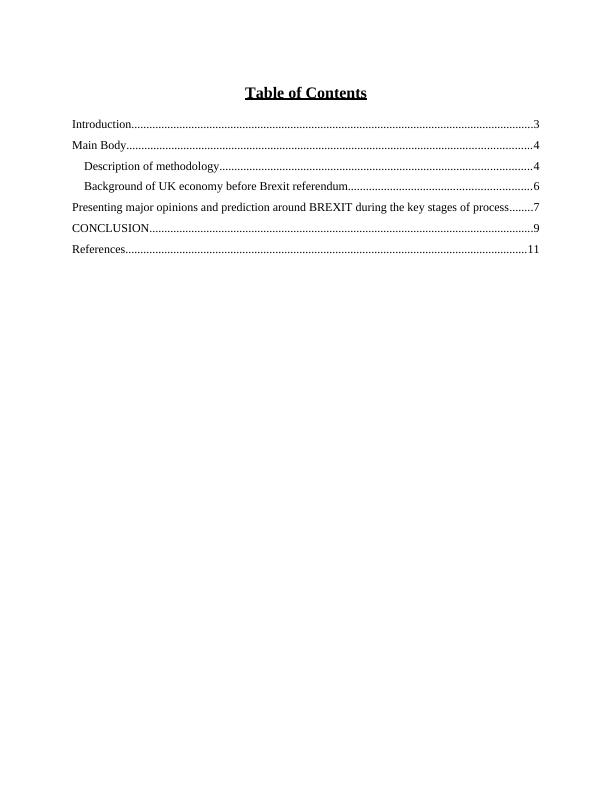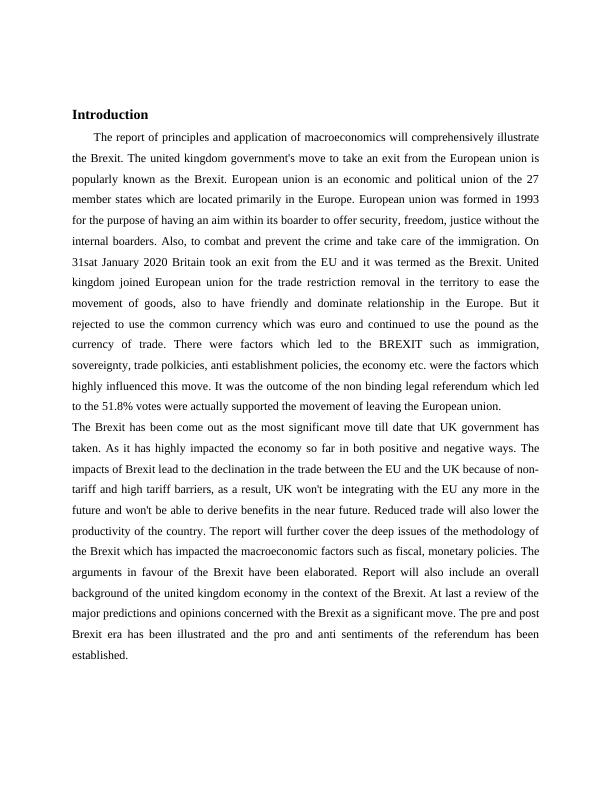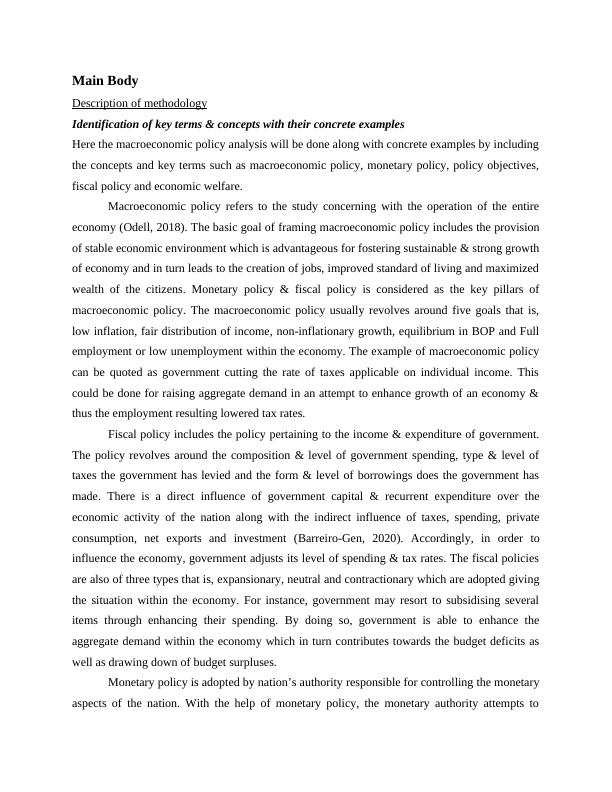Brexit and Macroeconomic Policy: Impacts on UK Economy and Standard of Living
12 Pages3771 Words207 Views
Added on 2023-06-08
About This Document
This report comprehensively illustrates the Brexit and its impacts on the UK economy and standard of living. It covers the methodology of Brexit, background of the UK economy before the referendum, and major opinions and predictions around Brexit during the key stages of the process. The report analyzes the impacts of Brexit on macroeconomic policy, including fiscal and monetary policies, and covers key terms and concepts such as GDP, inflation, and investment. The report also presents arguments for and against Brexit, and analyzes emergent pro- and anti-sentiments during Brexit negotiation and after the referendum.
Brexit and Macroeconomic Policy: Impacts on UK Economy and Standard of Living
Added on 2023-06-08
ShareRelated Documents
End of preview
Want to access all the pages? Upload your documents or become a member.
[PDF] Open Economy Macroeconomics
|11
|2109
|142
Brexit Referendum and Emergence of Populism in EU Economy
|6
|1581
|176
Impact of Brexit on Manufacturing Industry - Managerial Finance
|7
|1753
|435
1. Module - Principles and Applications of Macroeconomi
|11
|4082
|51
Being outside the EU decreases the bargaining power of the UK
|9
|2813
|136
Brexit and Its Impact on UK's Economy, Trade, and Judicial Proceedings
|9
|1962
|246




